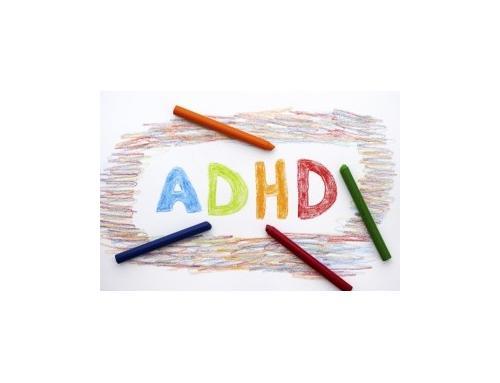 Autism Spectrum Disorder (ASD) is a developmental disorder, meaning it begins in the first two years of life. Individuals with ASD struggle with communication and interacting with others, and they engage in restricted and repetitive behaviors that interfere with their daily living. It is known as a spectrum because there is a wide range in severity of symptoms and functional limitations that can be seen between individuals with ASD. Because Autism starts early in life and remains present throughout the lifetime, research has consistently shown that early intervention is key to the best outcomes. This means that early diagnosis is absolutely essential because without the diagnosis you can’t get the services which help to minimize the negative impact of ASD symptoms.
Autism Spectrum Disorder (ASD) is a developmental disorder, meaning it begins in the first two years of life. Individuals with ASD struggle with communication and interacting with others, and they engage in restricted and repetitive behaviors that interfere with their daily living. It is known as a spectrum because there is a wide range in severity of symptoms and functional limitations that can be seen between individuals with ASD. Because Autism starts early in life and remains present throughout the lifetime, research has consistently shown that early intervention is key to the best outcomes. This means that early diagnosis is absolutely essential because without the diagnosis you can’t get the services which help to minimize the negative impact of ASD symptoms.
Typically children are screened routinely by their pediatrician during well child checks but the symptoms can easily be missed. If you have any concerns about your child being on the spectrum visit your pediatrician and share with them your observations. They will do a screening assessment which will include a set of questions and possibly a questionnaire. If there are concerns your child will be referred to an ASD specialist which may include a psychologist, psychiatrist or developmental pediatrician for a formal diagnosis and treatment recommendations. The evaluation may entail cognitive and thinking skills tests, an assessment of language abilities and an assessment of age appropriate skills. Because ASD commonly occurs with other issues such as anxiety or ADHD there may be additional tests assessing for co-occurring disorders if it seems these things may also be impacting functioning.
Early treatment for ASD is crucial because it can facilitate a child’s strengths and minimize the long term impact of the difficulties associated with the disorder. Research consistently shows that the younger intervention is in place, the better kids do as they move into adulthood. Applied behavioral analysis, or ABA, is the most evidence based treatment to minimize the impact of core symptoms of autism. It is typically done nearly daily both with your child and with parents in order to systematically refine beneficial skills and minimize negative, limiting behaviors. Oftentimes there is also benefit to be had from occupational therapy, speech therapy, and possibly physical therapy. Because these tend to be both time and financially intensive, it is very important to get the diagnosis in place as soon as possible because it typically takes time to get these services up and running through your insurance and through the state. Without that first step of getting a formal diagnosis, none of these services can be requested. Unfortunately it does tend to take completing many steps and pages of paperwork but it is worth the benefit your child will take into their future. Because it can be so overwhelming there are many support groups available around the nation and often it is other parents who have already been through the process who have the most important information to share. Although it can be a tough road, it is also rewarding seeing all of the gains your child can make with the appropriate support in place to allow them to thrive in their own unique way.





